How would you describe your relationship with make-up? Do you love it for its transformative powers or loathe the time it siphons from your day?
Next year marks 20 years since the release of Naomi Wolf’s The Beauty Myth, the feminist tract that tore into the beauty industry and raged against the pressure to conform to society’s narrow and rigid beauty standards. It’s also five years since Australia’s own Tracey Spicer took to the TEDX stage to protest against the time-wasting tyranny of the average beauty regimen.
Their arguments are convincing – and yet our love affair with make-up continues unabated. We spoke to three women – all feminists – who are unapologetic about the joy that make-up and beauty brings them.
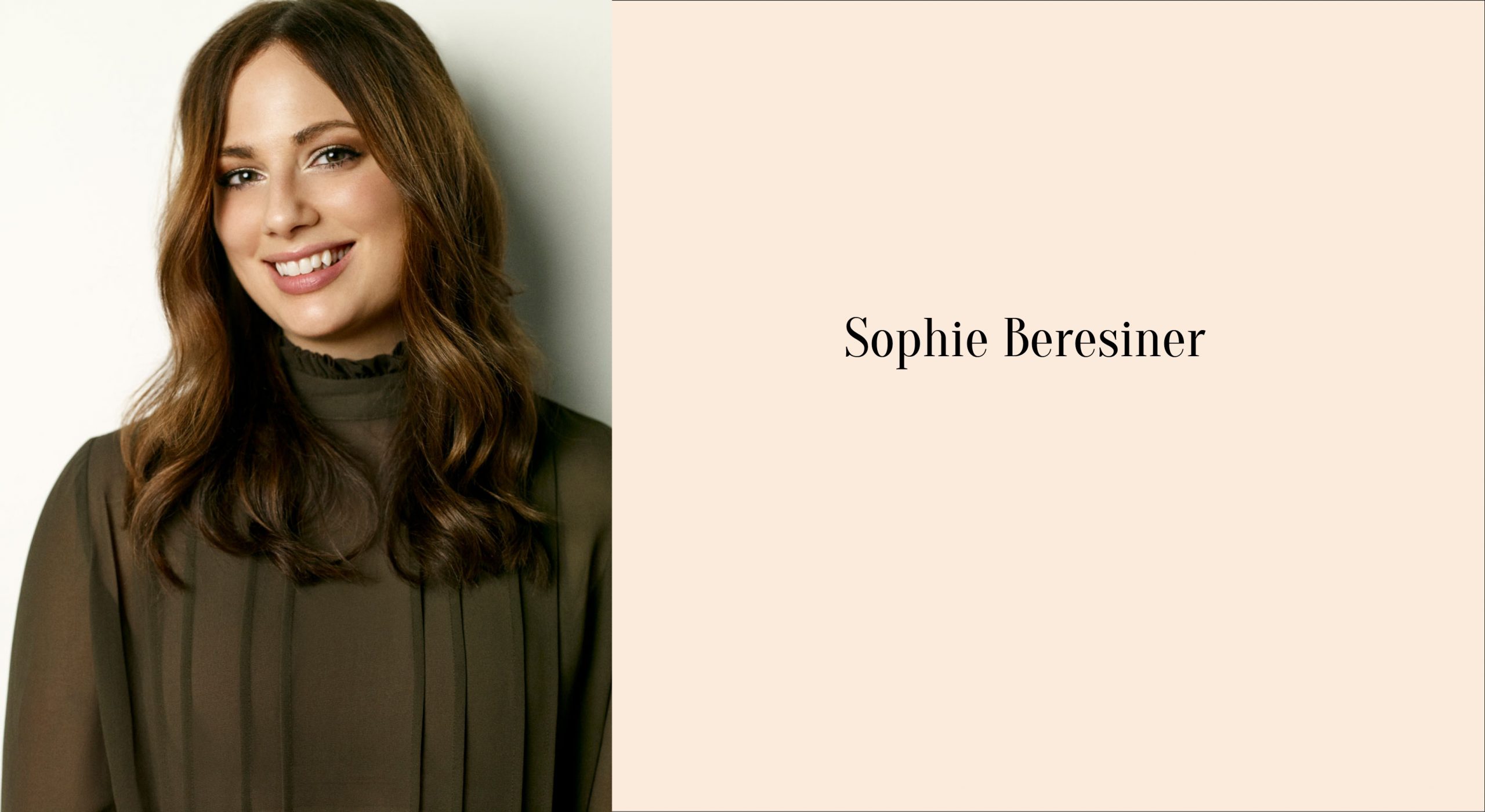

“I Learned The Hard Way About The Power Of Make-Up”
Sophie Beresiner is the beauty director of BURO, the ex-beauty director of Elle UK and a columnist for The Times of London
My train commute is precisely eleven minutes long. My entire beauty routine takes about three (I’m a professional, I’ve got it down). Logistically, it makes perfect sense for me – like many other time-poor professionals rushing to work – to apply my make-up en route.
Why would I risk missing the train because I’m finessing my brow in my bathroom mirror, when I could be doing it on the move, thereby maximising my ‘dead time’?
Other commuters, that’s why. The disdain I feel; narrowed eyes on me, like I’m blasting tinny house music out of my cheap headphones, or eating a croissant way too lip-smackingly. I’ve thought about it a lot and I’m not sure why it’s ‘inappropriate’ to apply make-up on the move. Is it because it’s seen as an intimate practice? A hidden, female art? Part of the female mystique?
I take unapologetic pleasure in doing my make-up in public
But you know what? I’m over it. I don’t care. Now I take unapologetic pleasure in doing my make-up in public. I reckon I could teach these commuters a thing or two (I quite literally can, too. I’m a qualified expert. Imagine if they knew they who they were sucking their teeth at. Me, doing a free live demo of something my readers buy tickets for in a formal masterclass scenario.)
I cannot understand what could possibly be irritating about me covering my eye bags with a creamy by Terry click stick. Bringing my lashes to life with Clinique tubing mascara. Building the beauty blocks that make my face a slightly better version of itself.
In three minutes I can transform myself from middle-aged tired person to uplifted and glowy beauty director, a sparkle in my eye (Laura Mercier rye caviar in Moonstone) and a gentle flush to my chiseled cheeks (Charlotte Tilbury Filmstar Bronze & Glow). All without invading anyone else’s personal space.
Seriously though. For the first few years of my career I apologised for my job. ‘What do you do?’ ‘Oh, I just write about lipsticks and things’. ‘Oh you know, kind of a journalist but only hair and stuff.’
After nearly two decades of watching others get extreme joy from beauty, of educating people in how to look good to feel better, I’ll never say sorry again.
I used it to my greatest advantage when I lost my own identity to chemotherapy. Fake hair, brow pencils, and bold lipsticks gave it back. It’s quite possible this period is what defined my true passion for my profession. I have always seen it through a ‘very important’ filter since.
Beauty is for the dreamers, the joy givers, the train-takers and the life-livers. It’s there to be played with and put on and if you have an issue with watching it in action, I feel defiant about that.
For me, the simple act of applying make-up is both practical and pleasurable. I make full use of my limited time and I make full use of my make-up bag. It’s my small piece of pre-work empowerment, and since I learned the hard way the incredible power of beauty, I make no apologies for sharing my appreciation in public.
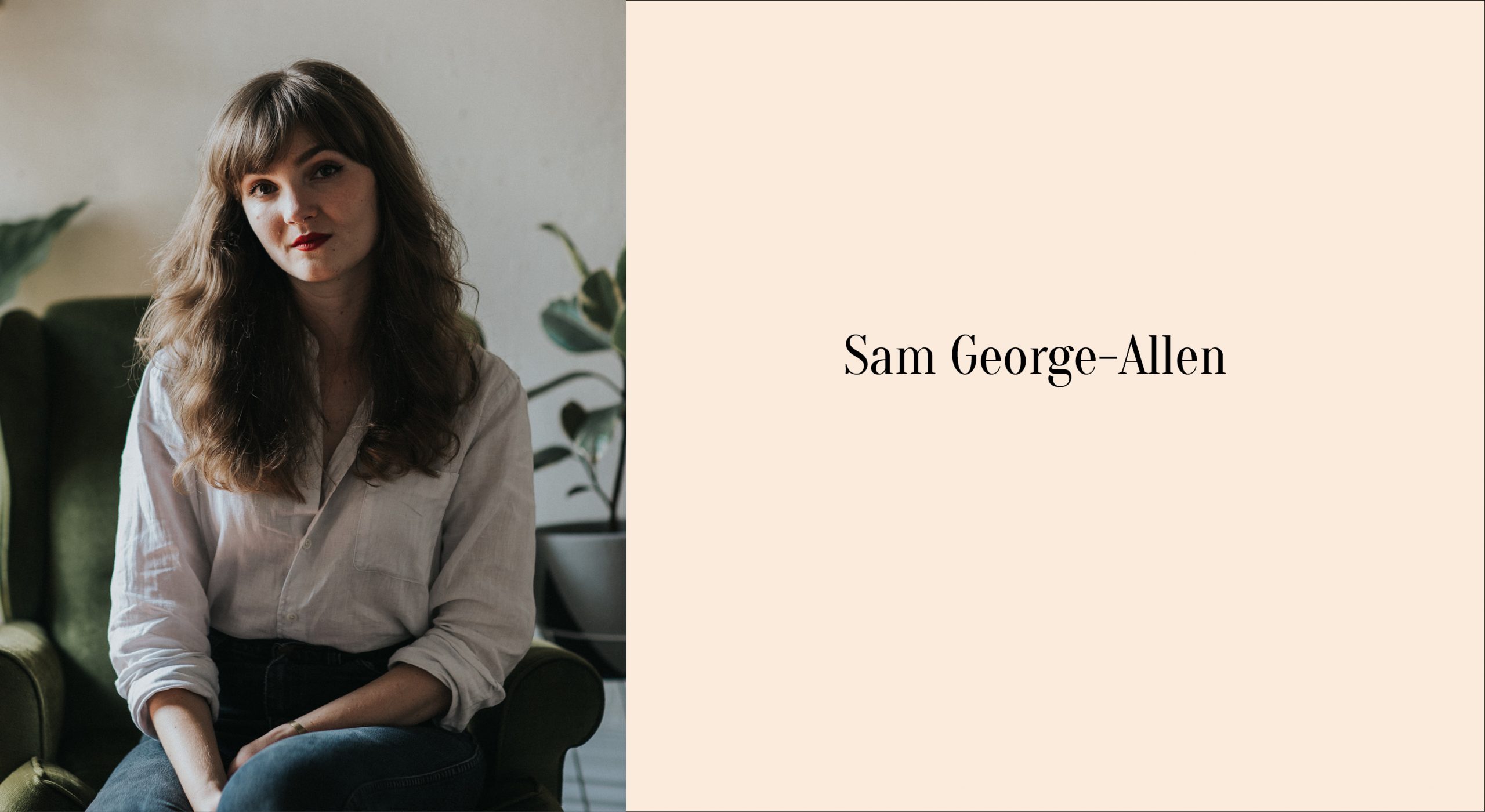

“The Digital Beauty World Is A Community”
Sam George-Allen is an Australian writer and the author of Witches, What Would Do Together
Sometimes, when I am home alone, I put make-up on. In the gloom of my bathroom, I prop my iPad on top of the toilet cistern, fumble the YouTube app open, and find a Lisa Eldridge video. On my own, inexpertly following along under her cool, British instruction, I participate in the world’s second-biggest secret girls’ club: the beauty club.
From Egyptians colouring their eyelids with crushed beetle shells and kohl, to the mouse-hair eyebrow wigs and star-shaped blemish concealers of 18th century France, we are a species obsessed with putting stuff on our faces. And for good and for bad, in the majority of the Western world, this is firmly in the realm of women’s business.
It’s a complicated thing, our relationship with make-up. There’s no doubt that beauty standards can be a yoke around our necks, shackling us to patriarchal norms that men simply do not have to deal with (see Naomi Wolf’s still-relevant 1990 text The Beauty Myth for a complete excoriation of the conspiracy to keep women distracted and disempowered by telling them that they must be beautiful above all else). But there’s more to it than that. From the mire of compulsory beautification has emerged a subversive and invigorating community of likeminded women making art out of what might otherwise oppress us.
It’s a complicated thing, our relationship with make-up
(And, yes, I know that as the boundaries of gender continue to flex, more and more men and masculine people are embracing makeup. I think it’s awesome. But there’s something special about this realm, which has been coded female for hundreds of year.)
If you listened to only straight men, you’d assume that make-up was nothing more than a trick to attract a mate – a dirty trick, at that. The ways in which blokes disparage the made-up women who appear on Instagram feeds and in widely-shared YouTube videos are damning: “Take her swimming on a first date.” “This is false advertising.” (Or my personal favourite: “WITCH.”)
But women who are into makeup know this is mainly nonsense (and in fact, a 2017 survey found that only one in 10 women said they wore make-up to appear more attractive to men). For us, makeup is a tool, a hobby, an enthusiasm; it’s everything from artistry to armour. And despite its complicated cultural history, we have created our own communities in which to enjoy this thing that we’ve made our own.
On YouTube, thousands of beauty vloggers share their knowledge in the manner of hobbyists everywhere: as deeply invested nerds swapping tips and tricks with a total lack of artifice and a total disregard for a straight male gaze. There is a vlogger for every skin tone, culture, country and religion. There are special tutorials for Eid and Christmas, Halloween and Kwanzaa.
When I first started watching YouTube beauty vloggers, it was with a grain of skepticism. After a lifetime of being indoctrinated into a popular culture in which no woman appeared without make-up – and thus, obediently, believing that I was uglier and more acne-ridden than any of the women I saw on screen or in advertisements – I thought the online beauty world would be much the same.
In mainstream popular culture, no women ever appear without make-up, I thought the online beauty world would be much the same.
But as soon as I saw Michelle Phan appear, at the start of her iconic (and extremely fun) step-by-step Barbie transformation video, completely bare-faced, that grain of skepticism dissolved. She was already famous at this point, a whole nine years ago, already had an audience of millions, and was still cheerfully showing up on screen with dark circles under her eyes and a sprinkle of hyperpigmentation on her chin. I was floored.
Michelle Phan is a naturally beautiful person, but no beautiful person I’d ever seen had been so open about their so-called flaws on such a public platform. I knew immediately that this was a safe place for women to share a thing they loved in community, in communion, in companionship. It’s like a secret password shared by any woman with an internet connection.
Whenever I prop YouTube open on the cistern and take out my scraggly brushes, I feel like I’m stepping into the clubhouse. The outside world of make-up and beauty is complicated and tangly, but in here, in the digital cool, we are all on the same team.
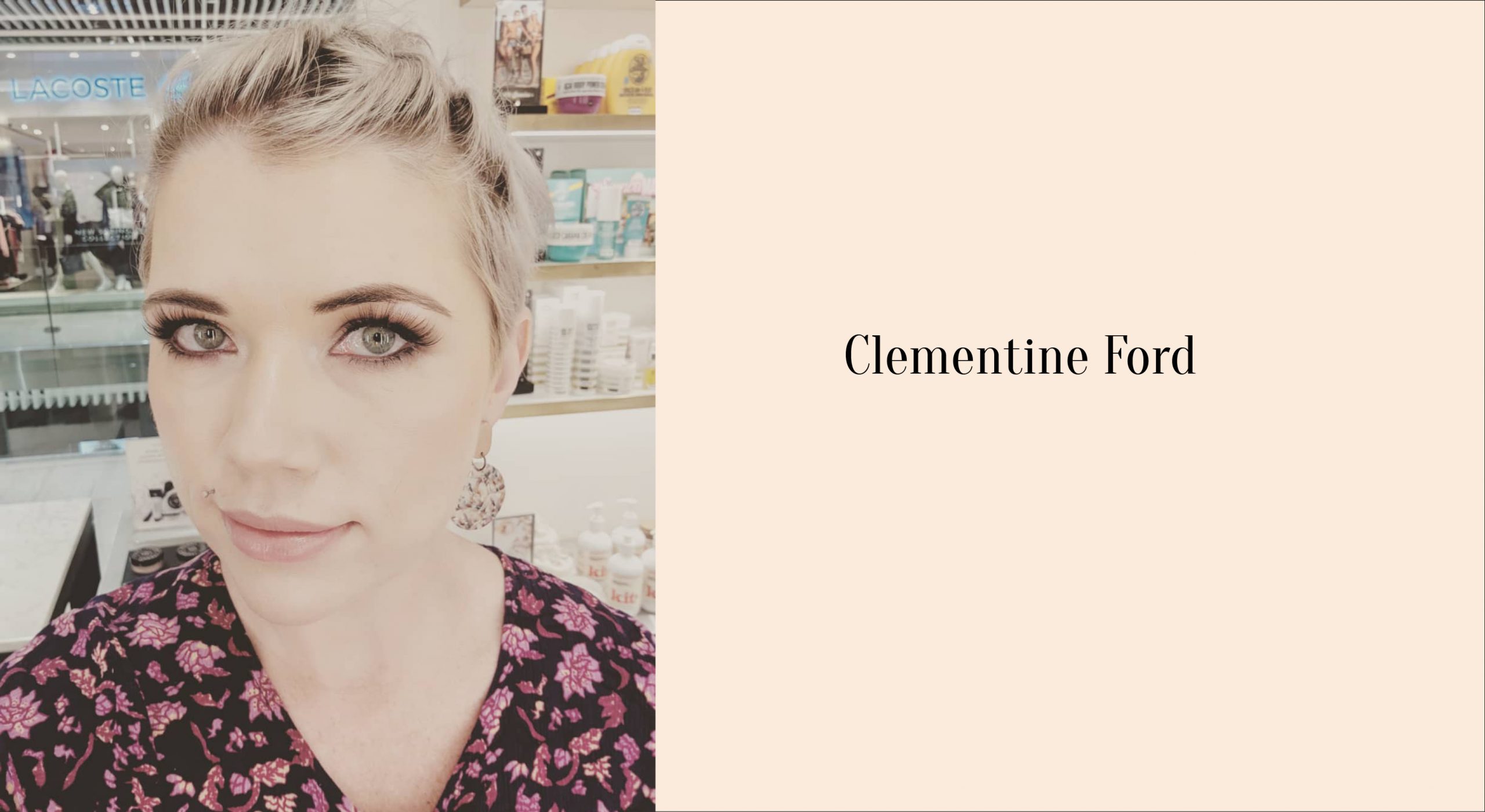

“Make-up Is Just Fun“
Clementine Ford is a journalist, feminist commentator and author of Boys Will Be Boys and Fight Like A Girl.
In a recent episode of The Guilty Feminist, the comedian Alison Spittle joked, “I’m a feminist, but I got my eyelashes tinted at an airport and I feel 20 per cent more capable of being loved.”
“That is entirely understandable to me,” host Deborah Frances-White replied, “and I feel terrible for admitting that, but I know exactly what you mean”.
I cackled along and then nodded sagely. I understood it, too. Even for those of us who are able to see that patriarchy raises women on a diet of self-loathing that can only be fixed through the application of make-up and face potions, it’s still hard to resist the allure of a subtle tint.
Even those of us who understand that patriarchy raises women on a diet of self-loathing that can only be fixed by make-up, it’s hard to resist the allure of a subtle tint
The beauty industry has always held me in its powerful sway. I was smearing my mother’s make-up on in secret from as far back as I can remember, applying thick blobs of blue to my eyelids and painting my cheeks a garish pink. Perfect, I’d think as I gazed into the mirror.
At 13, I used the scant money I earned from my paper round to buy a black eyeliner, and I drew thick lines around my lids that I truly believed made me seem more mysterious and deep. This was around the same time I over-plucked my right eyebrow. It’s never grown back quite the same, but a swathe of great pencils brought forward by the brow revolution has made that a largely redundant problem. I’m now 38 and a well-known (if not entirely well-regarded) feminist – but I still enjoy putting makeup on every day.
I’m not so naive as to buy into the view that a made-up face imbues a woman with anything resembling real power. Participating willingly in a system that infers social capital might provide an illusion of power, but it’s superficial at best. Those of us who feel powerful and more loveable with makeup on do so because we’ve been conditioned to view our raw canvases as disappointing at best and disgusting at worst. Women! They’re gross just as they are!
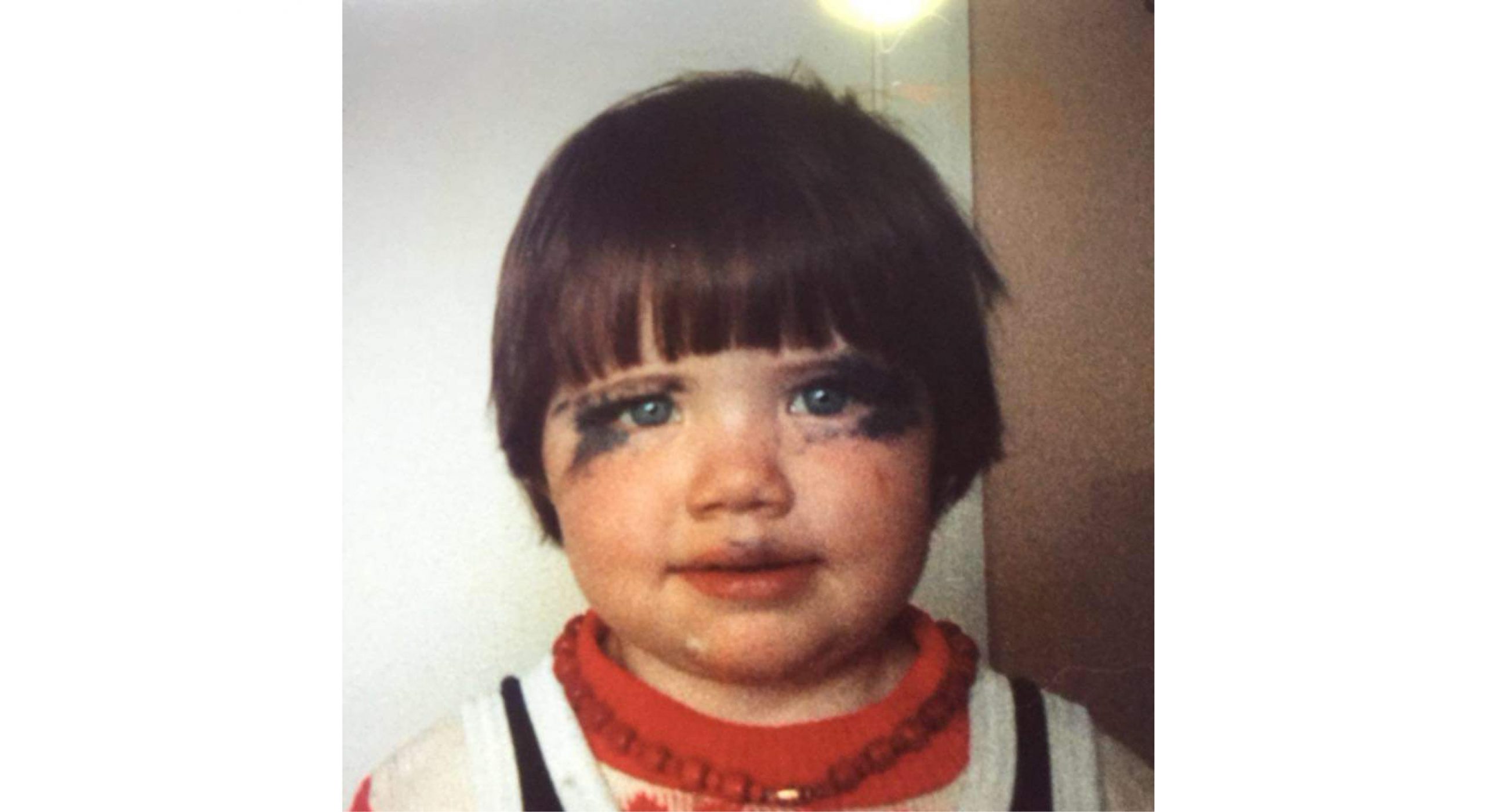

Still, is it possible to divorce patriarchy and its aesthetic demands on women from the fact that dressing up and painting ourselves in different colours can also be fun?
At two years old, I wouldn’t have been immune to the patriarchal gas we all breathe in, but I also wouldn’t have had the intellectual capacity to consider make-up as an obligation. I liked colours and I liked colouring, so why not do both on my face? There’s no shortage of irony in the fact that I’m writing this from my regular hair salon, as my stylist mixes a pot of pink hair dye to slather over my freshly bleached barnet.
Adorning ourselves in ostentatious effects isn’t an inherently feminine urge, but it’s been feminised in a society that both demands such behaviours of women while dismissing them as frivolous and self-absorbed. Perhaps part of the problem isn’t that little girls grow up wanting to experiment with makeup – it’s that little boys are so roundly discouraged and shamed from doing the same.




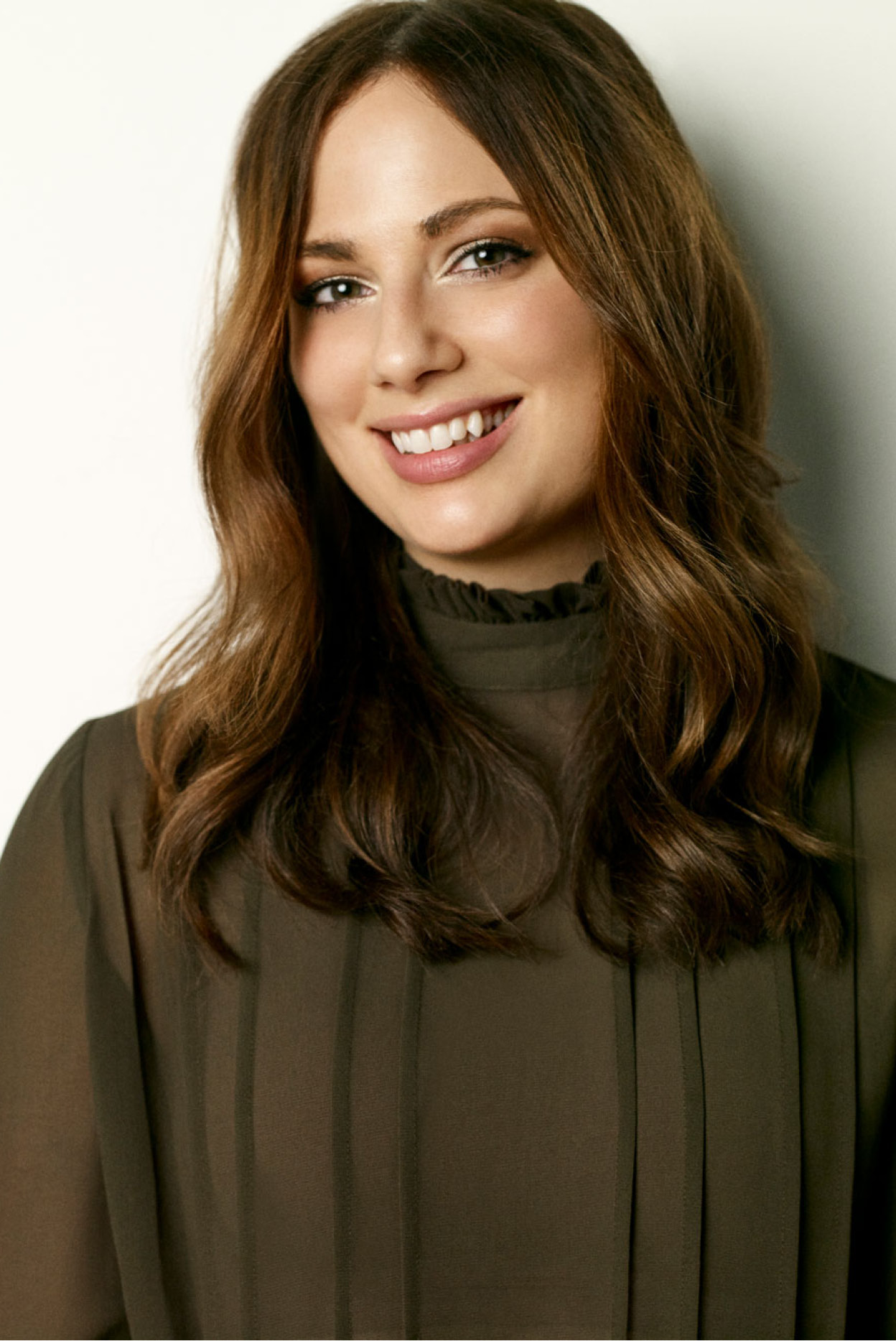
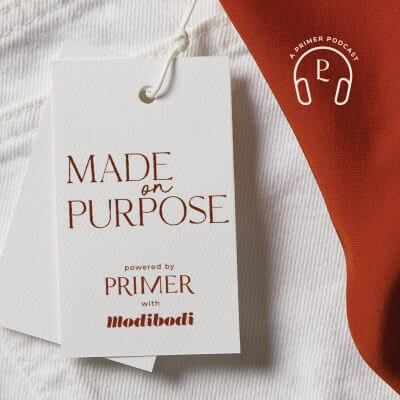
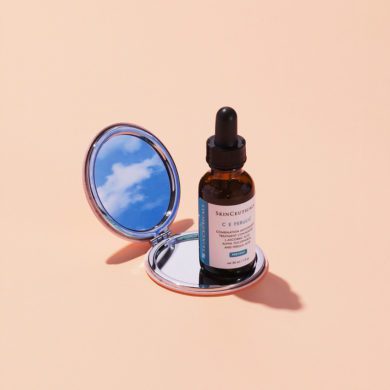
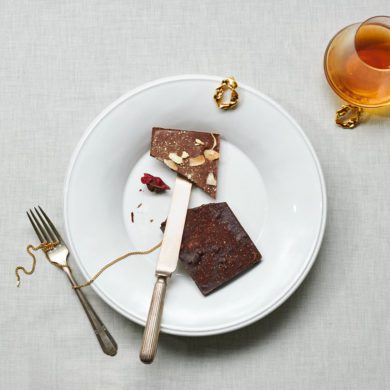
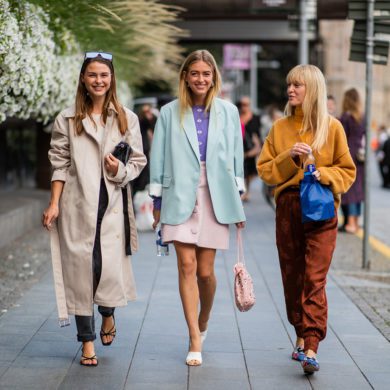
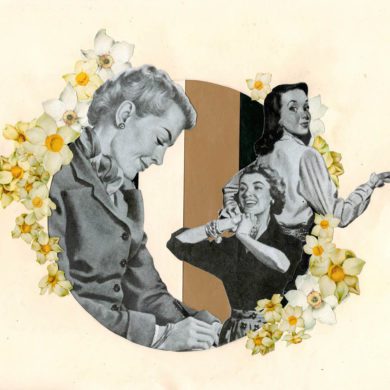
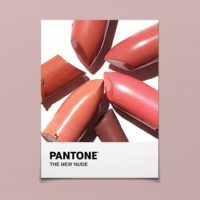

No Comments